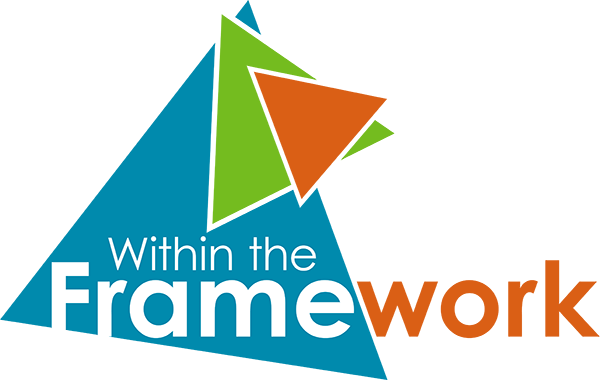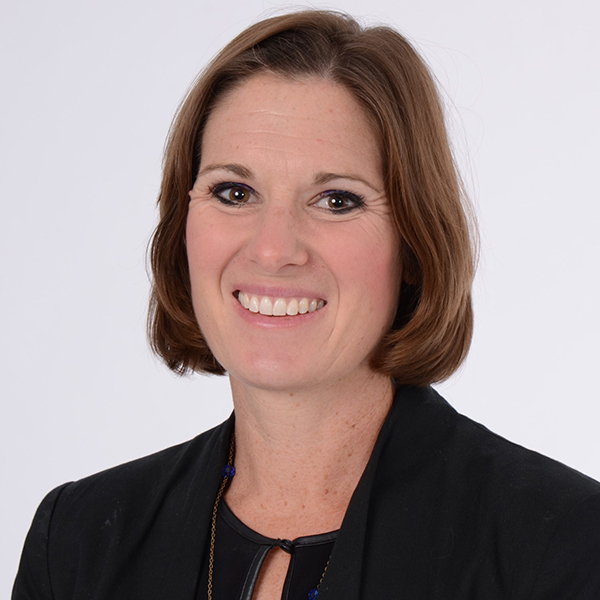Many state leaders use the evidence-based Pyramid Model framework as an approach to build social and emotional competence in early care and education programs. Wisdom gleaned by state leaders to systematically implement, scale up and sustain their Pyramid Model efforts are being highlighted in this webinar series. Each webinar includes lessons learned and resources related to specific aspects of statewide implementation. We welcome champions of this work to join, share, and learn with us.
For State Leaders, By State Leaders: State Leadership Team Equity Inventory

Date:
Jan 27, 2022Time:
12:00 AM(Eastern Time Zone)
Duration:
55 min
Related Resources
- Webinar PPT Handout
- State Leadership Team Equity Inventory Guide
- Statewide Implementation Guide
- Early Childhood Program-Wide PBS Benchmarks of Quality (EC-BOQ): Cultural Responsiveness Companion
- Pyramid Model Equity Coaching Guide
- Pyramid Model State Leadership Team Guidance
- Pyramid Model Program Leadership Team Guidance
- Behavior Incident Report System
Certificate Info
Certificate of Attendance
A downloadable certificate is available for both live and recorded webinars. To receive the certificate, you must fill out the evaluation survey.How to access the survey:
Live participants: You will receive an email after the webinar with the link to the survey. Recording viewers: The URL link for the survey will be displayed at the end of the webinar. You will need to type that URL into your internet browser to access the survey and certificate. Note: Type the URL exactly as you see it. URL is CASE SENSITIVE. Once you submit the survey, the certificate will appear. You can then save and/or print your certificate.Guest Presenter(s)

Alissa Rausch
University of Denver
Alissa Rausch, EdD is a Postdoctoral Research Fellow in the Positive Early Learning Experiences (PELE) Center at the University of Denver. She has worked as clinical faculty in the early childhood and early childhood special education licensure program at CU Denver. Her work in higher education blossomed from 15 years of practice as an early childhood educator working in inclusive preschool classrooms serving young children and their families. Alissa also had the privilege of serving children from diverse backgrounds and their families in their homes and in community settings. Her current work centers on supporting preservice and in-service practitioners to build their capacity to act as agents of social change and implement quality inclusive practices for young children in the field of early childhood education.

Angela Van Polen
University of Denver
Angie Van Polen is a LEAP Project Manager at the Positive Early Learning Experiences (PELE) Center at the University of Denver. She provides consultation and technical assistance to LEAP Model and Pyramid Model implementation sites. Angie has 20 years of experience in the field of education. Much of her work has been focused on improving systemic scale up and sustainability while engaging multidisciplinary teams to improve agreed upon outcomes. Her experiences provide her with a strong understanding of inclusive practices at a classroom level, as well as, at a state-wide systems level to inform implementation practices, scale-up and sustainability.

Ashley Fehringer
University of Maryland
Ashley Fehringer, MPH, is the Training & Coaching Specialist for the Parent, Infant and Early Childhood Program, at the Institute for Innovation & Implementation at the University of Maryland, School of Social Work. In this role, she works to support statewide implementation of the Pyramid Model through training, coaching and technical assistance to local leadership teams. Ms. Fehringer has several years of experience in early childhood development, adult education and coaching. Most recently she served as a Maternal & Child Health Specialist with the Peace Corps in Guatemala. In this position, she used adult learning methodologies to train health professionals on behavior change theory to support the programs they were developing. Ms. Fehringer obtained her Master’s in Public Health from Tulane University and has a bachelor’s degree in biology from the Pennsylvania State University.

Ginny Howard
Nebraska Department of Education
For over 20 years, Ginny Howard’s work has been in early childhood education. She worked in Omaha Public Schools as a Pre-K teacher for 12 years and four years as an ECSE teacher & program coordinator in a smaller Nebraska district. In 2016, she left the classroom and began coaching and training on the Pyramid Model for the Nebraska Department of Education, which at that time was utilizing the cohort model. She also coached and trained on the Pyramid Model in several community child care programs for Rooted in Relationships. During this time, she also was a consultant for Verbal Behavior for the ASD (Autism Spectrum Disorder) Network of Nebraska. In the spring of 2020, Ginny was hired by the Nebraska Department of Education as an Early Childhood Special Education Specialist. Under this role, Ginny leads the Early Childhood MTSS team, under NeMTSS, in making Pyramid Model accessible to all early childhood programs across the state, as well as co-leading the state’s Pyramid State Leadership Team.



